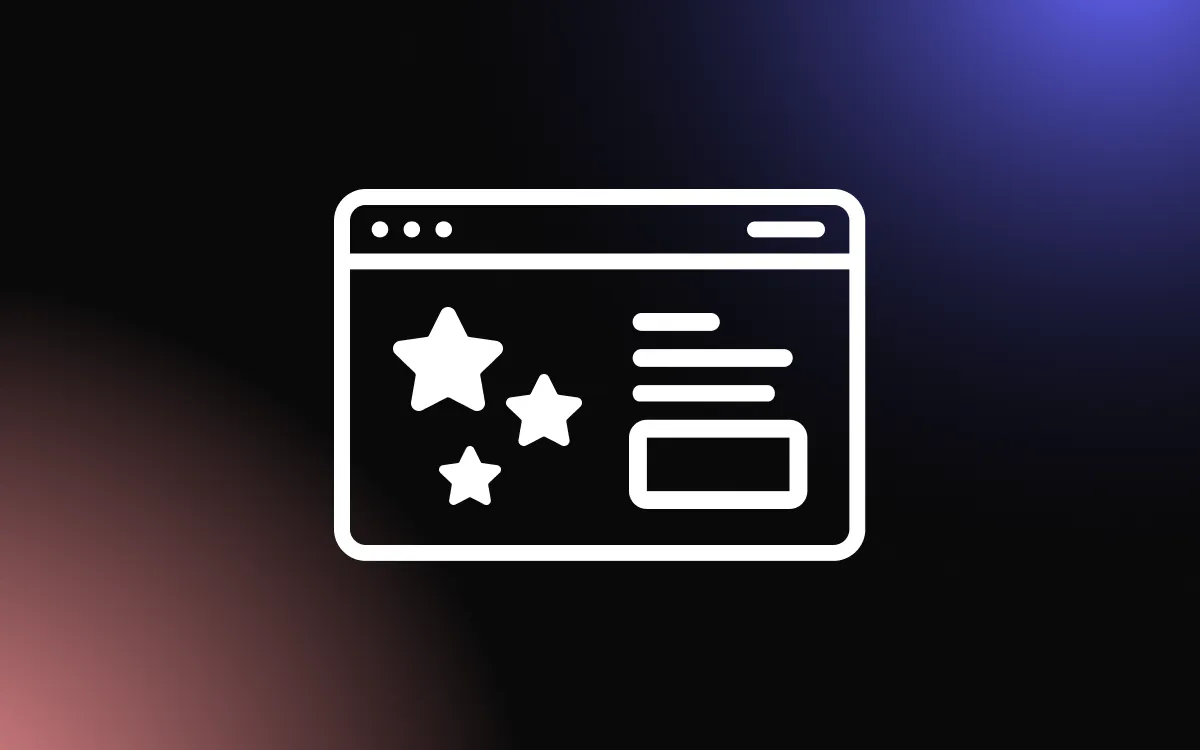
Customizing your booking system to reflect your brand is essential for creating a cohesive and professional customer experience.
A well-branded booking system not only reinforces your brand identity but also builds trust and enhances user satisfaction. However, many businesses struggle with how to effectively integrate their brand elements into their booking platforms.
This article will provide practical steps on how to customize your booking system to reflect your brand, ensuring that every interaction aligns with your brand values and aesthetics.
The Importance of Brand Consistency in Booking Systems
Maintaining brand consistency in booking systems is crucial for enhancing brand recognition and building trust with customers.
Brand Recognition
Consistent branding across booking systems reinforces brand recognition. When users encounter a familiar logo, color scheme, and design elements that match the rest of the company's branding, it creates a seamless experience.
This consistency helps customers immediately recognize the brand, increasing the likelihood of repeat business. A cohesive visual identity ensures that the booking process feels like an integrated part of the overall brand experience, which can enhance customer loyalty.
Building Trust with Customers
Brand consistency also plays a vital role in building trust with customers. A booking system that mirrors the company's established branding conveys professionalism and reliability. Customers are more likely to trust a platform that looks polished and familiar, reducing concerns about security and legitimacy.
By ensuring that the booking system aligns with the brand's values and aesthetic, businesses can foster a sense of trust and confidence, encouraging users to complete their bookings and return in the future.
Key Elements for Branding Your Booking System
Branding your booking system effectively is essential for creating a cohesive user experience and reinforcing your brand identity. Key elements to focus on include incorporating brand colors and logos, using custom fonts and styling, and ensuring branded communications.
Incorporating Brand Colors and Logos
Integrating your brand colors and logos into the booking system is the first step toward a consistent brand experience. Use your primary and secondary brand colors for the interface, buttons, and backgrounds to create a visually cohesive look.
Ensure that your logo is prominently displayed on the booking page, ideally in the header or footer, so users immediately recognize your brand.
Consistent use of colors and logos not only reinforces brand recognition but also helps in creating a professional and trustworthy appearance.
Custom Fonts and Styling
Custom fonts and styling play a significant role in maintaining brand consistency. Use the same fonts that are employed in your other marketing materials and website to create a seamless transition for users. Consistent typography ensures that your booking system feels like an integrated part of your brand.
Additionally, pay attention to styling elements such as button shapes, icons, and form fields. These should align with your overall brand aesthetics to provide a unified user experience. Styling consistency enhances the visual appeal of your booking system and makes it easier for users to navigate and interact with it.
Branded Communications
Branded communications are crucial for maintaining a consistent brand voice and image throughout the booking process. This includes automated emails, SMS confirmations, and reminders sent to customers.
Ensure these communications reflect your brand’s tone and style, using your brand’s color palette, logo, and fonts. Personalize the messages to match the customer’s experience with your brand, maintaining a friendly and professional tone.
Clear, consistent, and branded communications help in building trust and ensuring that customers feel connected to your brand even after they have completed their booking.
Enhancing User Experience with Custom Features
Creating a standout booking system involves more than just functionality; it requires custom features that enhance user experience. Personalized user interfaces, unique brand-specific features, and consistent tone and language are essential components.
Personalized User Interfaces
Personalized user interfaces (UIs) significantly improve the user experience by catering to individual preferences and needs. Implement features that allow users to customize their experience, such as saving preferences for future bookings or offering personalized recommendations based on past behavior.
For example, if a user frequently books spa appointments, the system can highlight new services or special offers in that category.
Additionally, personalized UIs can adapt to user demographics, showing relevant content based on age, location, or interests, making the booking process more intuitive and engaging.
Special Features Unique to the Brand
Incorporating special features unique to your brand can set your booking system apart from competitors. These features should reflect your brand’s unique selling points and enhance the overall experience.
For instance, if your brand is known for its exceptional customer service, integrating a live chat feature that allows users to get real-time assistance can be highly beneficial.
Another example could be a loyalty program integration, where users can earn points and redeem rewards directly through the booking system. Unique features not only add value but also create a memorable experience that encourages repeat usage.
Consistent Tone and Language
Maintaining a consistent tone and language throughout the booking system reinforces brand identity and builds trust. The language used in instructions, confirmations, and notifications should reflect your brand’s voice — whether it’s professional, friendly, casual, or formal.
Consistency in tone ensures that users feel a cohesive brand presence across all touchpoints.
For instance, a playful and casual tone for a family-friendly resort can make the booking process feel more welcoming and engaging.
Consistent language also helps in reducing user confusion, making the process smoother and more enjoyable.
Integrating Marketing Tools into Your Booking System
Incorporating marketing tools into your booking system can enhance engagement and drive conversions. Key strategies include leveraging promotions and special offers, and integrating social media.
Promotions and Special Offers
Integrating promotions and special offers directly into your booking system can significantly boost sales and customer engagement. Features such as discount codes, flash sales, and bundled offers can be easily incorporated into the booking process.
For example, you can allow users to enter promo codes at checkout or highlight limited-time offers prominently within the booking interface. This not only incentivizes bookings but also creates a sense of urgency, encouraging customers to complete their transactions quickly.
Additionally, personalized offers based on user behavior and booking history can enhance the customer experience and increase loyalty.
Social Media Integration
Social media integration is another powerful tool for enhancing your booking system. By allowing users to share their bookings or experiences on platforms like Facebook, Instagram, and Twitter, you can increase brand visibility and attract new customers.
Features such as social login can simplify the booking process by allowing users to sign in using their social media accounts, providing a seamless experience.
Moreover, integrating social media feeds or reviews within the booking system can provide social proof and build trust among potential customers. Encouraging users to share their bookings or reviews can also generate organic marketing, expanding your reach and influence.
Measuring the Impact of a Branded Booking System
Evaluating the effectiveness of a branded booking system involves assessing customer feedback and satisfaction, as well as monitoring increased brand loyalty.
Customer Feedback and Satisfaction
Gathering customer feedback is essential for measuring the impact of your branded booking system. Utilize surveys, reviews, and direct feedback to understand user experiences and identify areas for improvement.
High satisfaction levels indicate that the branding and functionality of the booking system are meeting user expectations.
Tools like Net Promoter Score (NPS) can also gauge customer satisfaction and willingness to recommend your service to others, providing valuable insights into user sentiment.
Increased Brand Loyalty
Tracking metrics related to repeat bookings and customer retention can highlight the success of your branded booking system. Increased brand loyalty is often reflected in higher rates of repeat customers and longer customer lifetimes.
Loyalty programs integrated into the booking system can provide data on engagement and reward redemption, further illustrating how effectively the system fosters ongoing customer relationships.
Additionally, monitoring social media mentions and shares can reveal the extent to which your branded booking system enhances customer loyalty and advocacy.
Conclusion
In conclusion, customizing your booking system to reflect your brand is crucial for maintaining a consistent and professional image. This article has outlined key strategies for integrating your brand elements into your booking platform, from visual design to user experience enhancements.
By personalizing your booking system, you can create a seamless and engaging customer journey that reinforces your brand identity and builds trust with your clients. Implementing these customization techniques will not only improve customer satisfaction but also set your business apart in a competitive market.


